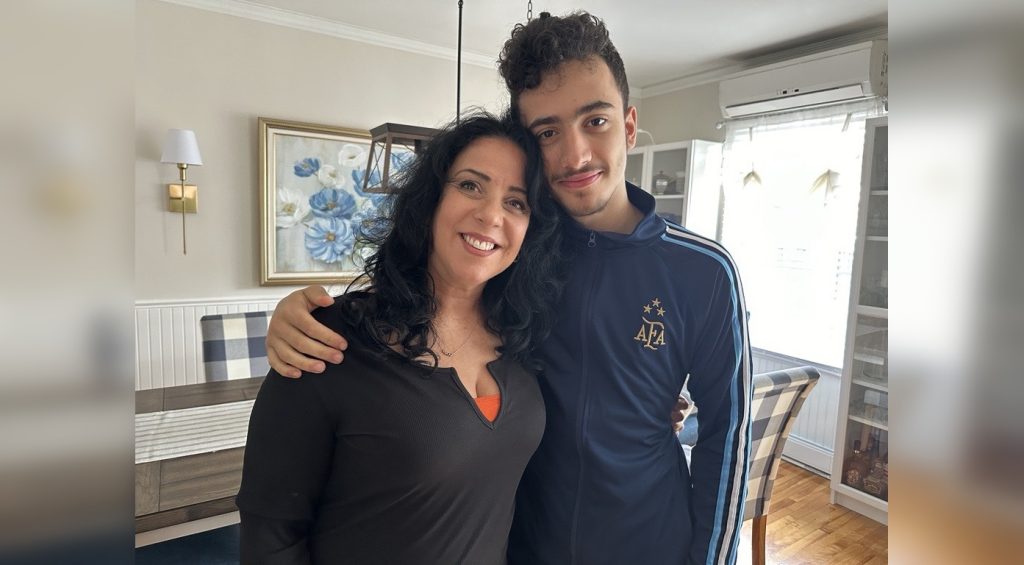Gender bias case against Montreal police heads to Human Rights Tribunal
Posted March 14, 2024 11:57 am.
Last Updated March 14, 2024 6:42 pm.
The case of Anastasia Boldireff, a Concordia University PhD student who, in 2019, was mistreated by two police officers at Station 20 where she went to file a complaint of criminal harassment, is headed to the Quebec Human Rights Tribunal.
The Center for Research Action on Race Relations (CRARR) filed complaints of gender discrimination with the Police Ethics Commissioner and the Quebec Human Rights and Youth Rights Commission on Boldireff’s behalf. Last month, the Commission issued its decision in her favor.
“There’s been less discussion about how my case or other cases like mine have been able to improve policies and make procedural changes in the police system,” Boldireff says.
In November 2019, Boldireff was harassed by a man on several occasions near Concordia University. She then went to Police Station 20 on Saint-Catherine West near McKay to file a complaint against the man. Once at the station, she received verbal responses from two officers that she considered to be discriminatory and offensive on the basis of gender, including a comment about the need to be careful with the clothes she wore.
“There’s a sort of transactional expectation that this [police officer] is going to serve and protect you. I didn’t feel like I was helped or protected in my interactions that day,” Boldireff says.
According to CRARR, the case’s move represents a major victory for women and survivors of sexual violence who turn to the police for protection. It involves moral and punitive damages as well as non-financial systemic remedies which the Commission is claiming for Boldireff.
According to CRARR executive director Fo Niemi, “this could be the first time that the Human Rights Tribunal takes a case of this kind to address the issue of gender discrimination against women who are survivors of sexual violence when they access or they try to seek police protection.”
It can take roughly six months for the tribunal to hear the case, he added.
CityNews reached out to the Montreal police for comment and they say that out of respect for the ongoing judicial process, they won’t be making any statements about the proceedings at this time.
Boldireff told CityNews, “I have been making these complaints because it’s not just about me, it’s about where I stand in a greater social system, and that if this system did not work for me, and it’s taken me five years in order to have my case looked at by the Human Rights Commission, what’s happening to the other women who are making complaints at station 20? […] It’s as much about civic duty as it is about seeing this through.”



